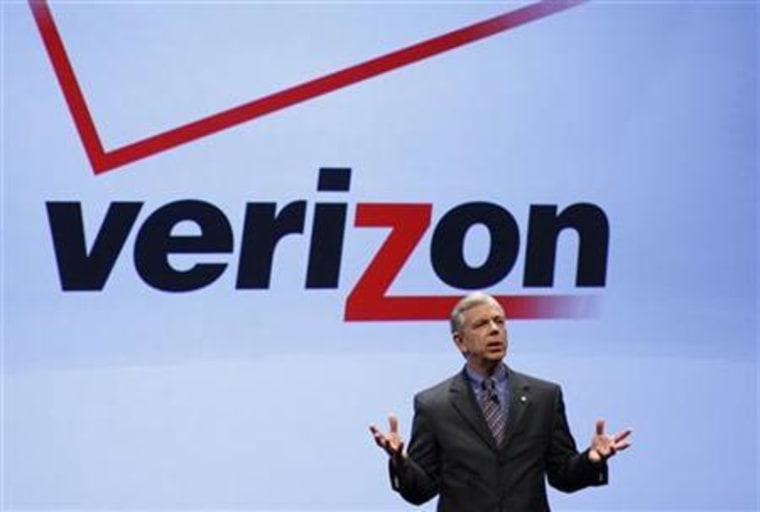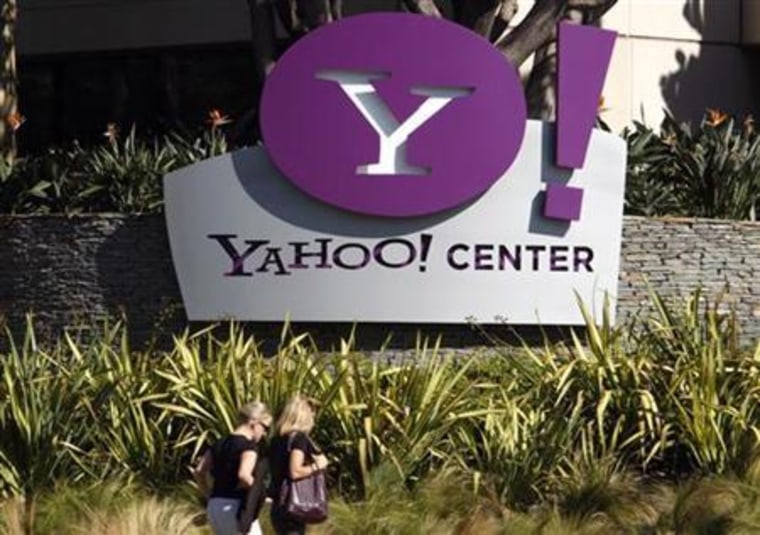Verizon on Monday announced plans to acquire Yahoo for $4.83 billion.
The deal ends months of uncertainty about Yahoo's future after the company announced plans to review strategic alternatives in February.

Bloomberg first reported the deal would be announced on Monday for $4.8 billion.
Reuters reported on Friday that Verizon had emerged as the front-runner in the Yahoo auction.
The transaction boosts Verizon's AOL internet business, which the company acquired last year for $4.4 billion, by giving it access to Yahoo's advertising technology tools, as well as other assets such as search, mail, messenger and real estate.
It also marks the end of Yahoo as an operating company, leaving it only as the owner of a 35.5 percent stake in Yahoo Japan, as well as its 15 percent interest in Chinese e-commerce company Alibaba.
Started in 1994 by Stanford graduate students Jerry Yang and David Filo, Yahoo in its early years was the destination of choice for many making their first forays onto the World Wide Web.
Read More: After Overthrowing Entire Board, Activist Investor Says Yahoo 'Welcomes' Him
By 2008, Yahoo was fending off a contentious takeover bid from Microsoft and struggling to define its mission.
That question was never really answered, leading to years of management instability and shifting priorities.
In December, Yahoo scrapped plans to spin off its Alibaba stake after investors fretted over whether that transaction could have been carried out on a tax-free basis. It instead decided to explore a sale of its core assets, spurred on by activist hedge fund Starboard.
